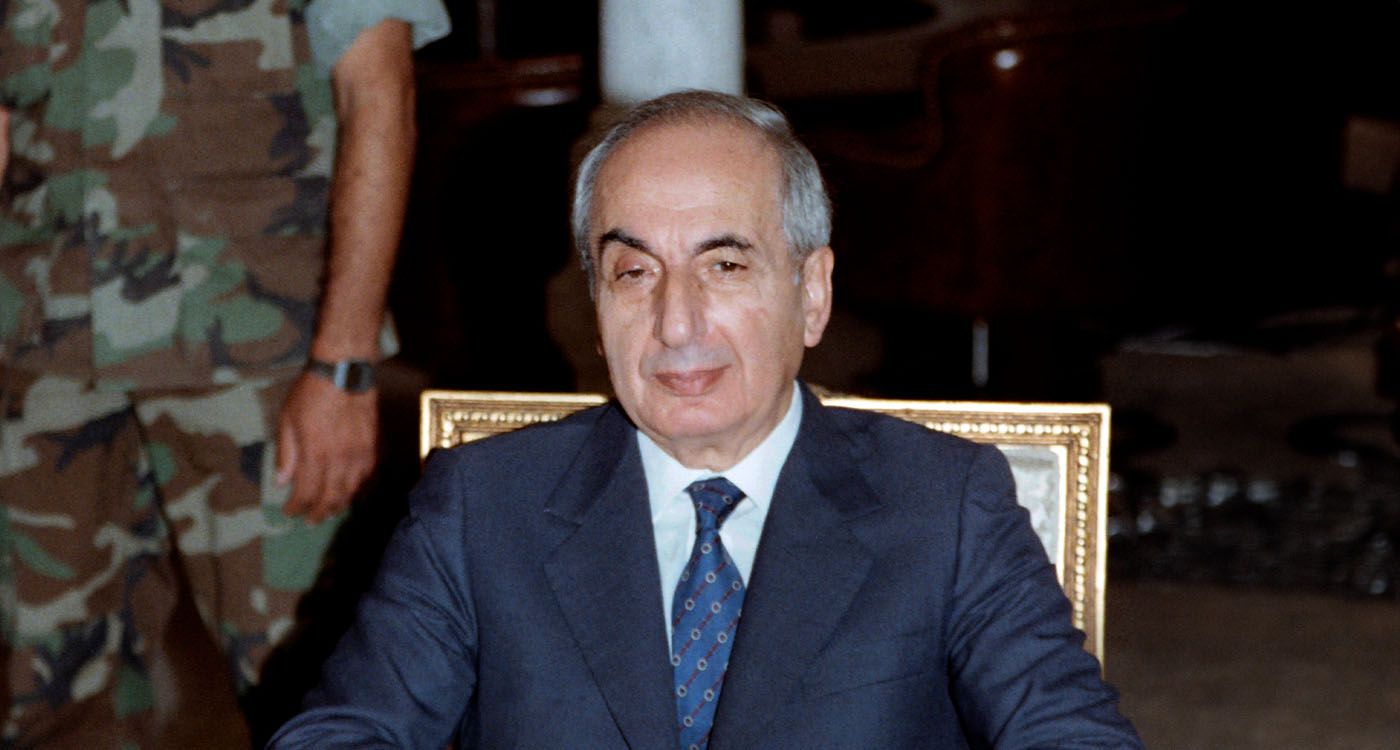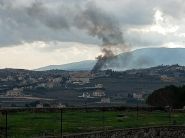
In these times of profound upheaval, it is essential to honor the figures who have shaped our history.
One pressing question lingers as we commemorate Lebanon’s independence: what remains of its true essence? Among the many unanswered questions of our history, we cannot forget the man assassinated on November 22. Another president, struck down before he could govern. Another lost opportunity for the Republic to reclaim its footing. This was the fate of both Bachir Gemayel and René Mouawad.
René Mouawad was not just another Lebanese statesman. He stood apart from the many who turned public office into a tool for personal gain, exploiting the state to build fortunes or secure their dominance.
René Mouawad is remembered as a man of integrity, dignity and principle. His legacy shines through in General Tannous Mouawad’s evocative account ‘18 Days in the Life of Lebanon’ a chronicle of his short but impactful presidency. His time in office, filled with promise, was cut short by tragedy, snuffing out the hopes of a war-torn people yearning to build a functioning state. Today, 35 years after his assassination, that dream remains elusive.
Mouawad governed by “the Book,” a phrase coined by General Fouad Chehab to describe the Constitution. He was a leader who respected its tenets and upheld its principles with integrity. He rejected the sectarianism that often divided the nation while proudly embodying a steadfast Maronite identity, deeply rooted in his faith and devotion to Our Lady of Ehden, his spiritual refuge.
As one of the key architects of the Taif Agreement—an amended vision of the “Book”—Mouawad believed in its potential to restore peace and reform. Yet, his assassination marked an early rejection of this agreement. Had its provisions been properly implemented, Lebanon could have avoided decades of war, crises, and hollow victories. Nor would the nation now find itself pleading for the enforcement of international resolutions.
René Mouawad’s legacy endures through those who have carried forward his vision. His wife, Nayla, continued to champion his values, leaving a lasting impact as a First Lady dedicated to political and social causes. His son, Michel, has emerged as a prominent political figure and a credible presidential contender, navigating an era riddled with deceit and constitutional violations. His vision also lives on through the René Mouawad Foundation, which tirelessly promotes humanitarian aid, community development, and the empowerment of individuals.
To remember President Mouawad is also to recall the glaring absence of justice: his assassin was never held accountable. The crime did not merely end the life of a man but sought to destroy the idea of a unified nation. The same forces targeted others, including Pierre Gemayel, whose memory we recently honored.
The perpetrator remains unchanged; only the hands have shifted.
Today, Lebanon cries out for a leader like René Mouawad. A figure who could bridge divides, as he did with the Frangieh family. A leader whose integrity could inspire a nation. A statesman who builds and protects not with words, but with actions, restoring the state to its true purpose: a safe haven for all, a source of unity and strength, free from fear, division and abuses of power.
No words can truly capture the magnitude of René Mouawad’s legacy. But by learning from the painful lessons of the past 35 years, Lebanon might finally break free from the destructive cycle of “states within the state” and rebuild a true nation.
On that day, and only then, will we truly honor René Mouawad and the dreams he carried for Lebanon.



Comments